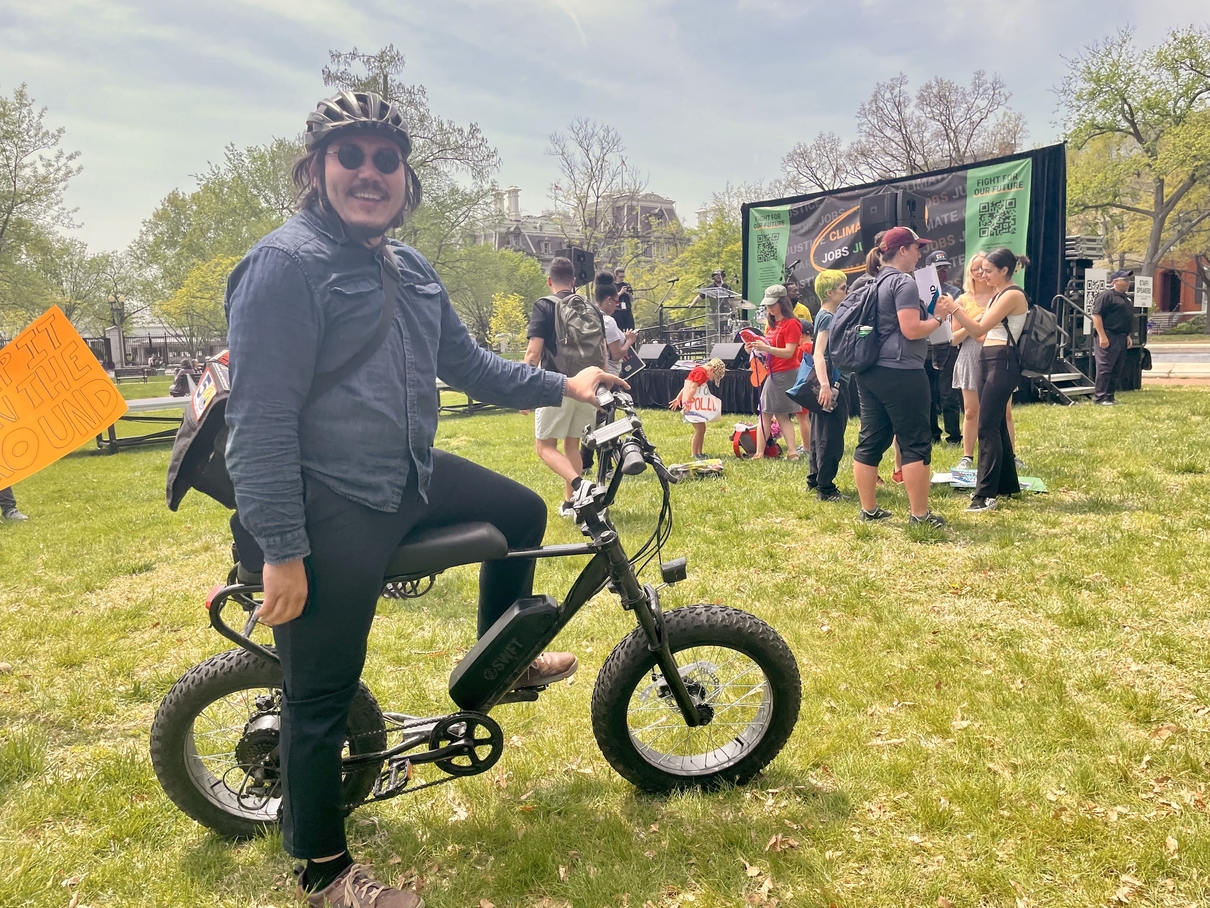I became a clean transportation policy advocate because, having grown up in Atlanta, with its infamous traffic and bad air quality, I know firsthand that we must help shape public policy to prevent harm to our health and our environment.
In early April, the Environmental Protection Agency heard three days of compelling and thorough testimony from people from all walks of life about why we need a rapid transition to 100 percent zero-emission trucks and buses.
They heard from doctors, kids, environmentalists, parents, and people living in frontline communities (near major highways and warehouse distribution centers). Each person offered a story about why a strong federal clean trucks rule is important to them.
Array
Here’s my “why”: I grew up on the southside of Atlanta between Interstates 75 and 85, and in the shadow of the world’s busiest airport and its freight cargo facilities. My mother has asthma that likely is the result of decades of exposure to air pollution. Smog and soot air pollution caused by trucks and buses are among the greatest threats to the health of the more than 45 million people in the US living within 300 feet of a major roadway or transportation facility.
In addition to asthma, people exposed to the air pollution spewed from the tailpipes of cars, trucks, and buses are at greater risk of increased illness and death, primarily from heart and lung diseases. Families in these environmental justice communities, like mine, have suffered for far too long. We cannot wait any longer for clean air.
The American Lung Association found that switching to electric cars, buses, and trucks and cleaning up our electricity supply could save 110,000 lives and bring the US $1.2 trillion in public health benefits and $1.7 trillion in climate benefits over the next 30 years. In Georgia, we could save $29.3 billion in cumulative health benefits, avoid over 78,500 asthma attacks, and prevent over 2,600 premature deaths.
These statistics matter. These are people’s lives saved and people’s lives improved.
In light of the overwhelming public testimony and collective sentiment, it would be a travesty if EPA failed to act on the outcry to meet this moment.
